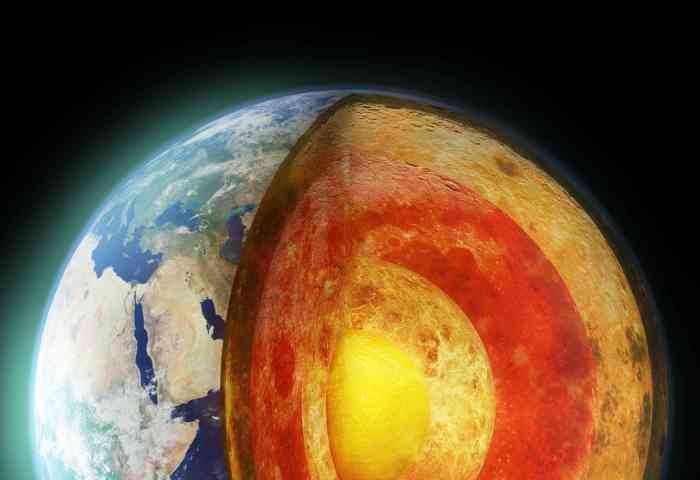Get started with Missouri S&T
ApplyOverview
Further your career by expanding your education in geophysics to better analyze and gather quantitative data on solid Earth. This program will help give you an advantage when applying for careers in oil and gas, mining and other fields. Specifically, geophysicists with this specialty may work with oil and mineral deposits, water and energy resources. You may also be interested in researching natural disasters, such as earthquakes or studying Earth’s core. From several different course options, you can study seismic data, tectonic plates, various theories, Ground Penetrating Radar (GPR) and more.
Quick facts
Official name
Graduate certificate in geophysicsCampus
Program type
Graduate certificateAcademic home
College of Engineering and Computing | Department of Earth Sciences and EngineeringDelivery mode
100% onlineAccreditation
Higher Learning CommissionCredit hours
12Estimated cost
$14,400.00Military credit hours
12Military estimated cost
$9,540.00*This cost is for illustrative purposes only. Your hours and costs will differ, depending on your transfer hours, your course choices and your academic progress. See more about tuition and financial aid.

Career prospects
Graduate certificates give students the opportunity to broaden their knowledge in a particular discipline, learn the latest in developing fields, and stay competitive in today’s marketplace. Upon completion, students will be able to demonstrate advanced knowledge within a field of study.
Program structure
This program is 100% online: no campus visits required.
Courses are semester-based. Students typically take one class per semester and finish the program in two years.
Delivery
100% onlineCalendar system
Semester-basedTypical program length
2 yearsTypical course load
1 class per semesterPathway to a master's degree
Are you a working professional who wants to earn your master's degree, but you don’t have time to take the GRE? Then start in a graduate certificate program.
The admission requirements are more relaxed and credit earned will count toward your degree. Once you successfully earn your graduate certificate, you can continue with the corresponding master's degree without having to take the GRE. Completion of a graduate certificate program does not automatically guarantee admission into a corresponding graduate degree program. To continue in a master’s degree program, you must apply. If you are applying to a PhD program, you are still required to submit GRE scores.
Accreditation
Missouri University of Science and Technology is accredited by the Higher Learning Commission, one of six regional institutional accreditors in the United States.
Faculty spotlight
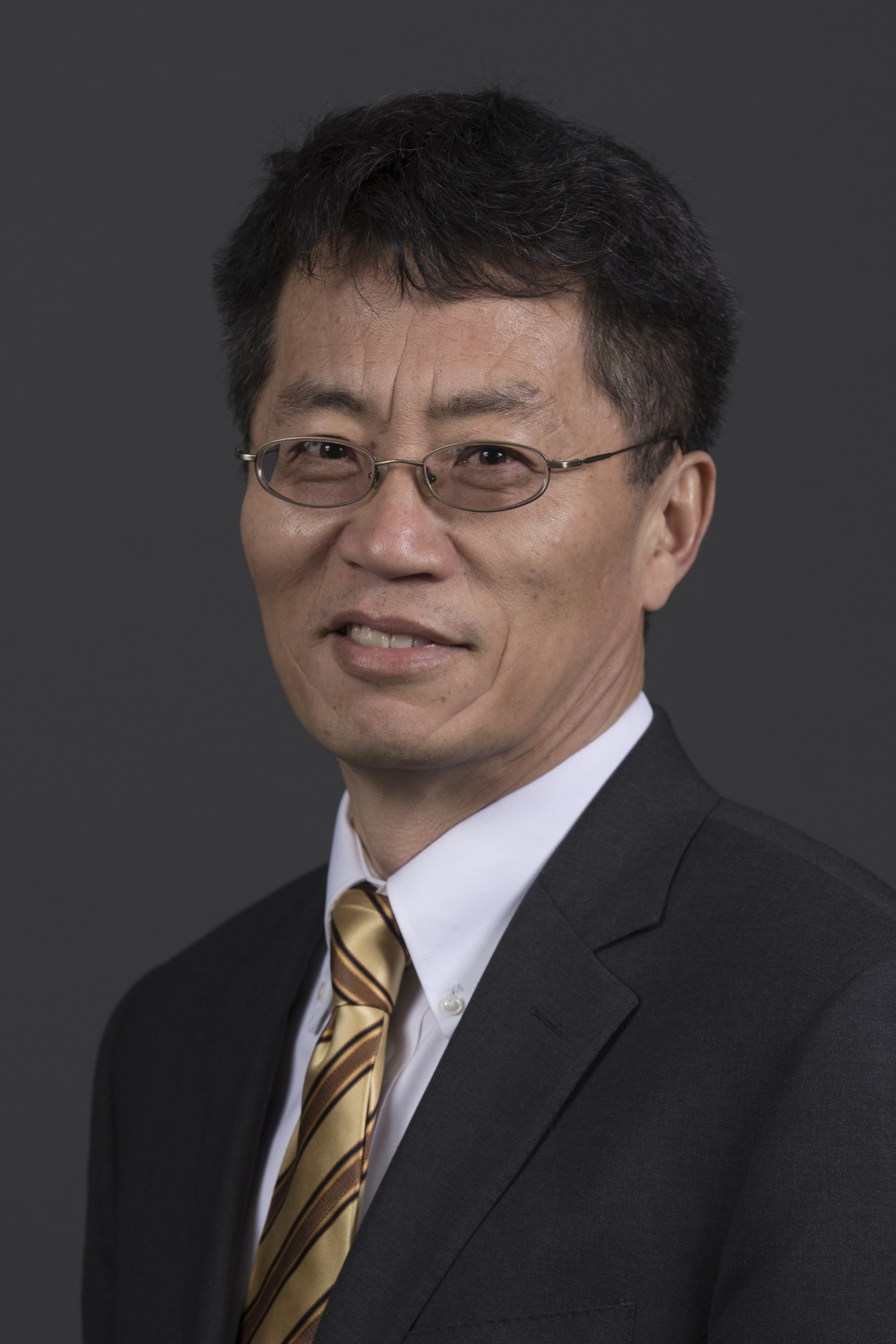
Areas of interest: Theoretical and applied geophysics, structure and dynamics of the Earth's crust and mantle, earthquakes, seismic anisotropy, and receiver function analysis.
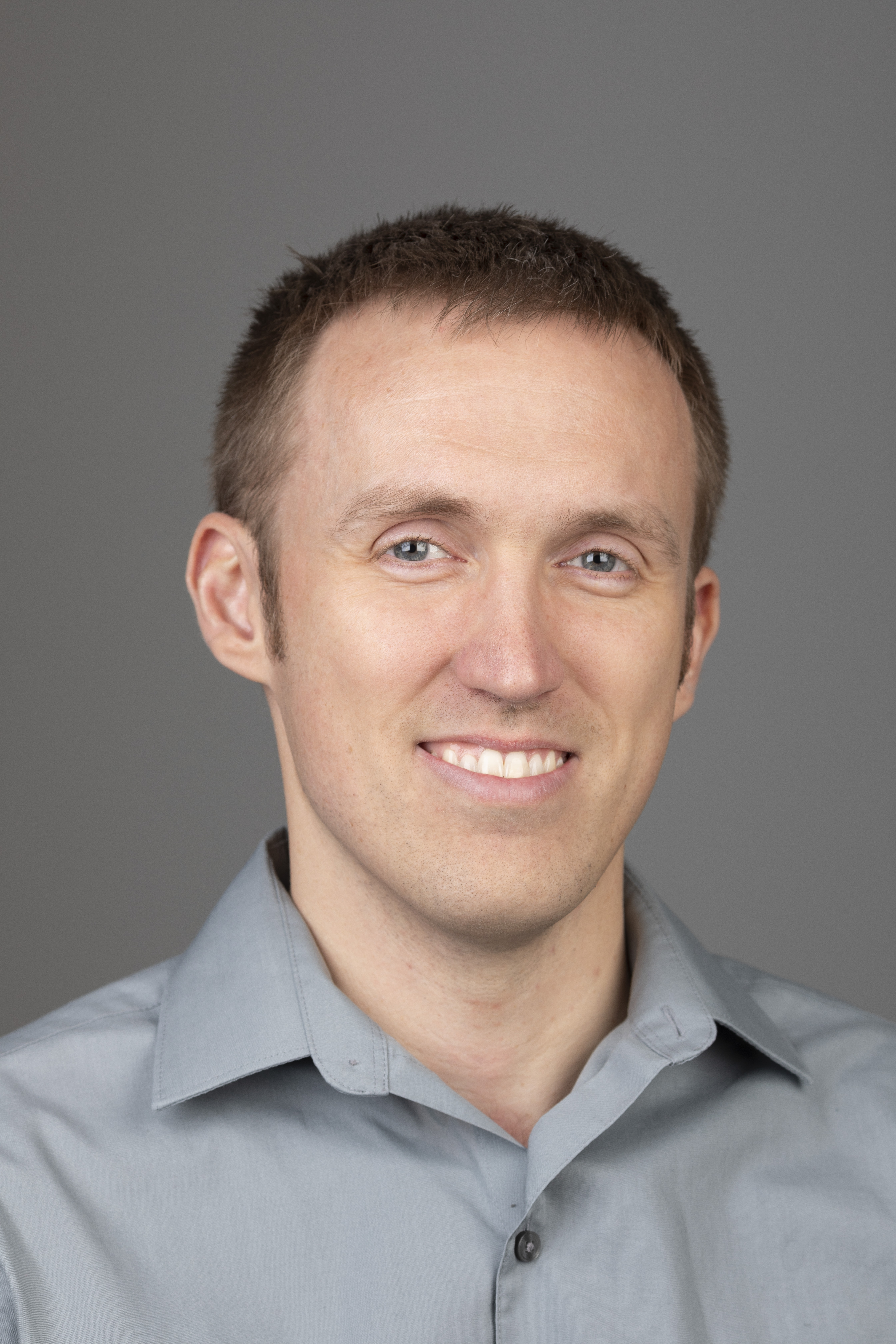
Areas of interest: Geodesy, earthquake and fault mechanics, induced seismicity, inverse problems and modeling, uncertainty quantification, crustal deformation, and geophysical methods.
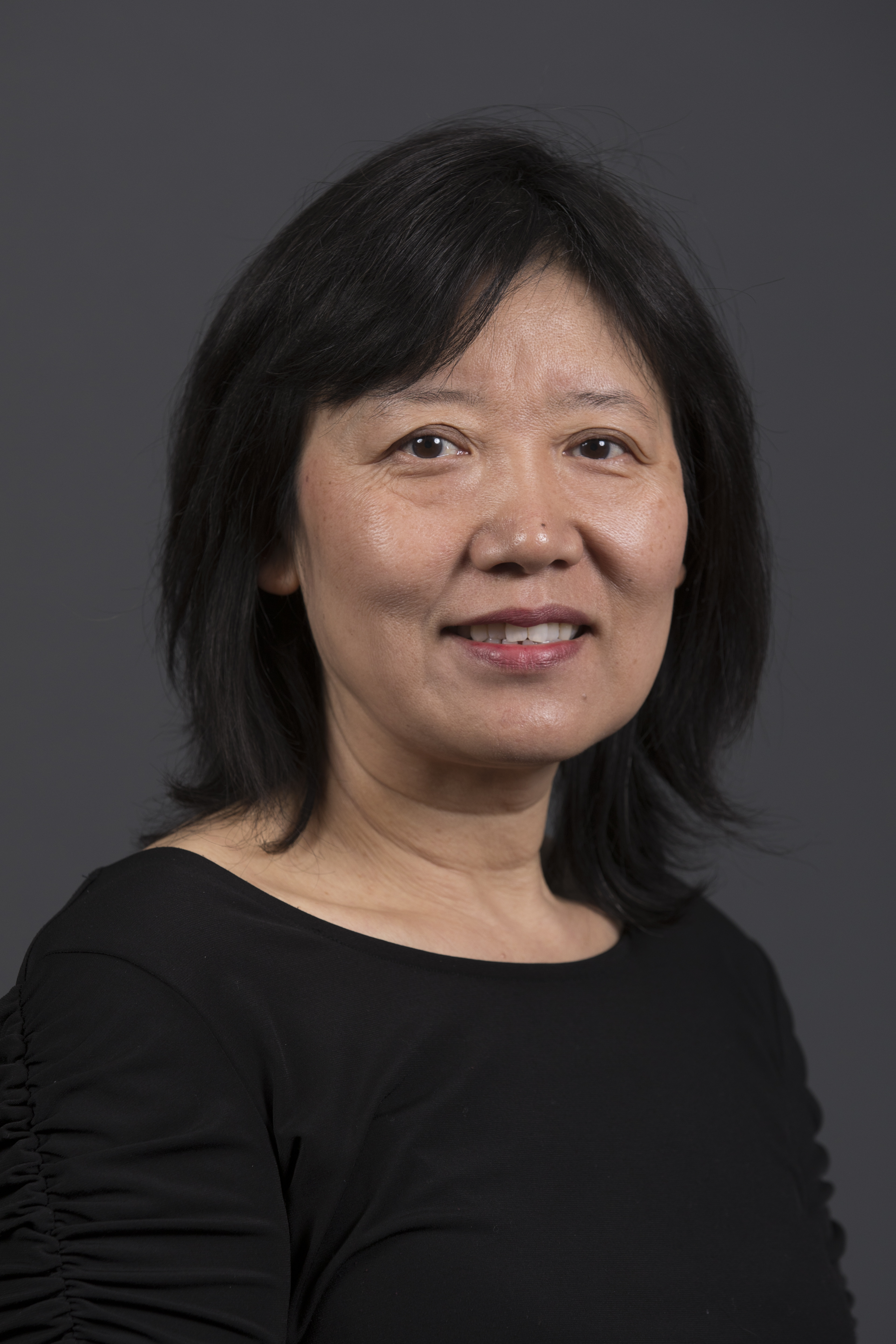
Areas of interest: Exploration of Earth's interior using geophysical methods especially passive and active seismology. Oil and gas exploration, hazard mitigation, crustal thickness and composition, mantle velocity structure and dynamics and crustal and mantle seismic anisotropy.
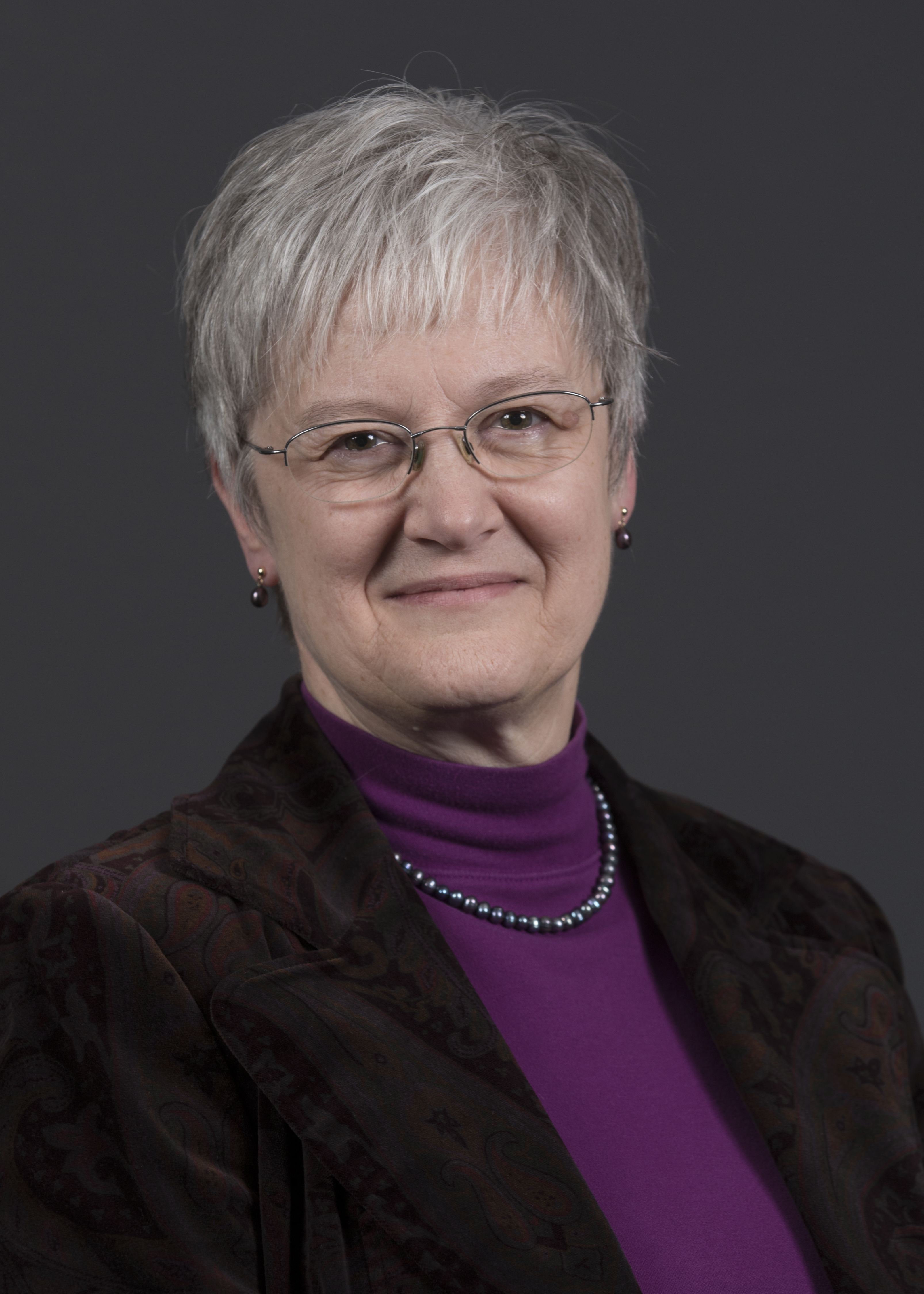
Dr. Leslie Gertsch earned her PhD from Colorado School of Mines in 1989.
Areas of Interest: extra-terrestrial mining and excavation, rock mechanics, mechanical rock cutting, near-Earth objects (NEOs), mine planning, mine equipment selection, planetary surface operations, space resources, space exploration, sustainability of mineral production, Moon, Mars, asteroids, comets.
